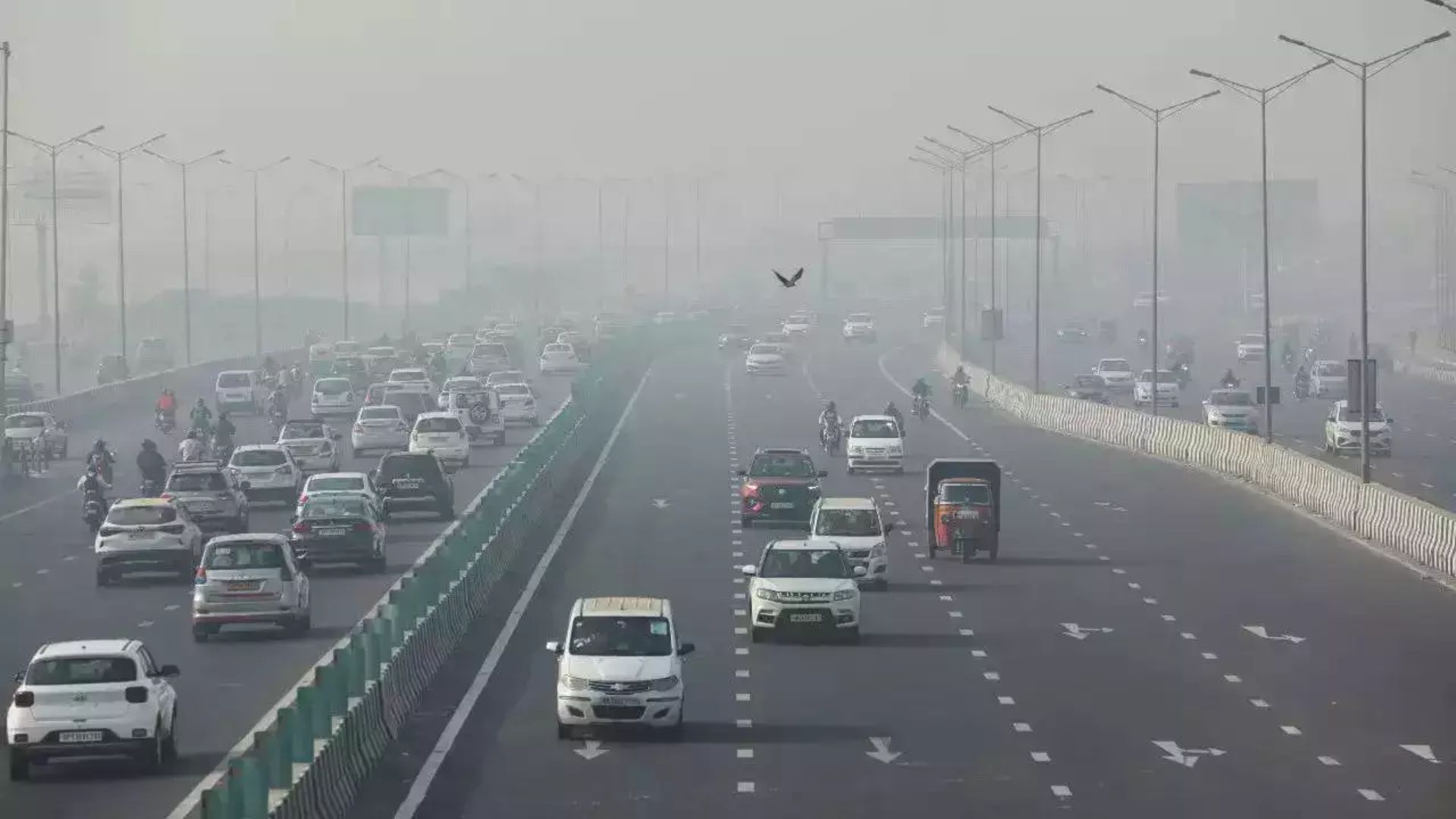Source : PTI | A rapid rollout of solar-powered EV charging infrastructure and vertical forests are among the new ideas the Delhi government is contemplating to address the twin challenges of air pollution and climate change. The other innovative ideas include creating charging sites and battery-swapping stations by repurposing lamp posts, parking spots and petrol stations. Also, “smart poles” combining fast-charging functions, public Wi-Fi, and the internet of things could soon become a reality in Delhi, a government official said.
These ideas were discussed at a meeting of Delhi’s State-Level Steering Committee on Climate Change in June and are likely to be incorporated in the city government’s new action plan on climate change.
While climate change is exacerbating heatwaves and heavy rain events in the crowded and land-locked city, studies show that air pollution is shortening the lives of Delhi residents by 11.9 years.
The government is also exploring the potential of implementing vehicle-to-grid (V2G) technology in the national capital. V2G allows energy to be pushed back to the power grid from an electric vehicle’s battery, balancing variations in energy production and consumption.
The concept of vertical forests or residential towers enveloped by dense vegetation has also caught the government’s attention as a means to reduce air pollution.
The Delhi government is also planning a campaign to paint roofs with white heat-reflective paint to reduce indoor temperatures, the official said.
This effort is part of the government’s plan to mitigate the impact of extreme heat on vulnerable populations during peak summers.
The city government is contemplating a complete transition to a zero-emission bus fleet by 2035-2040.
Currently, Delhi has 1,650 electric buses in operation, the highest among all Indian cities. The government aims to have more than 8,000 e-buses operational in Delhi by the end of 2025.
Delhi aims to implement a new, although delayed, action plan to combat climate change this year.
Official sources said the final draft is ready and awaiting approval from the city government’s environment minister before being sent to the Union Environment Ministry.
India introduced the National Action Plan on Climate Change (NAPCC) in 2008, following which the state governments were asked to develop their own State Action Plans on Climate Change (SAPCC) in alignment with national strategies.
Delhi’s previous climate action plan for the 2010-2020 period, finalized in 2019 after a seven-year stakeholder consultation, is now outdated. The work on a new plan began in 2021, with the first draft completed in 2022. It took around two years to finalize the consultations and fine-tune the plan.











